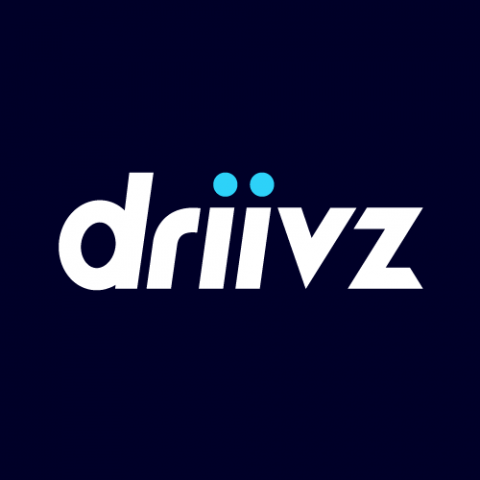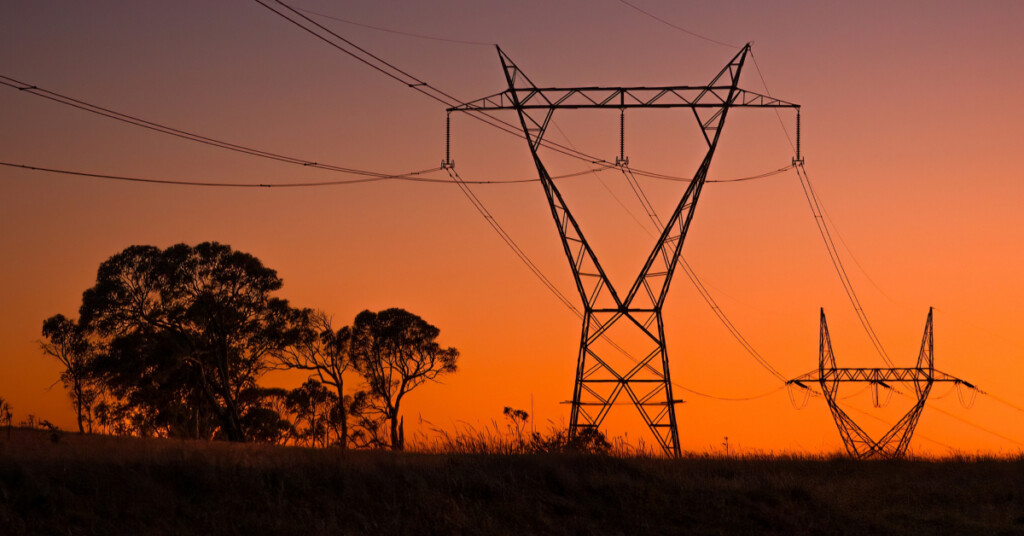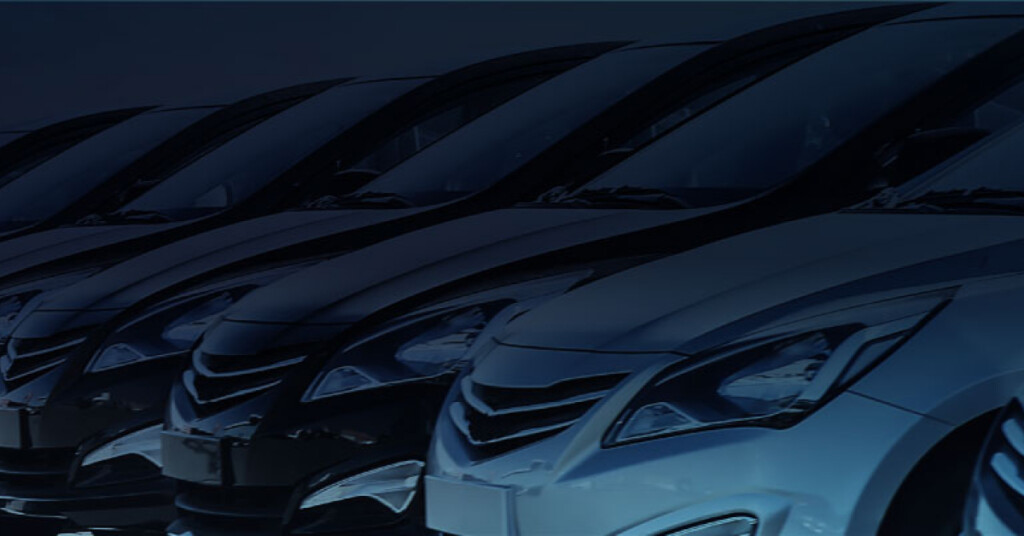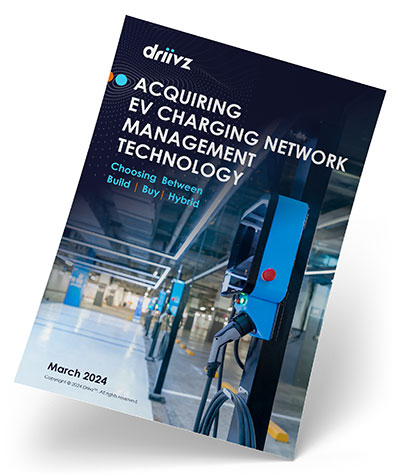The growing demand for electric vehicles is being driven by both “green” consumers and government initiatives and regulations, such as:
- German subsidies of €6,000 for EV vehicles
- €1 billion for grants of up to €7,000 each toward the purchase of EVs in France
- Penalties for internal combustion engine-based (ICE) vehicles for driving in the London’s city center
Automakers are shaping their strategies and operations to embrace and monetize the EV revolution, rather than resist the end of an era. They are transforming the challenges of the electric vehicle marketplace into profitable opportunities, differentiating themselves with a variety of business models, offerings, and services.

Transformations in Progress
Volkswagen declared that it would develop its final generation of ICE-based vehicles in 2026, and during the early summer of 2020, Volkswagen’s factory in Zwickau, which has been producing ICE cars for 116 years, switched to electric vehicle production only.
By 2022, Daimler will be bringing more than 10 different all-electric vehicles to market and electrifying the entire Mercedes-Benz portfolio. Daimler is taking a holistic approach to electrification: in addition to launching the EQ brand – a modular family of vehicles, Daimler is developing a comprehensive ecosystem that includes the required charging infrastructure.
Meanwhile, Ford is taking an end-to-end approach, building and selling not only the EV but also the Ford Connected Charge Station, so consumers can charge their vehicles at home and enjoy a “one-stop-shop” experience.
Ford is further making EV adoption “sexy” by offering an all-electric, SUV version of its classic Mustang. Introducing it as part of the Mustang brand allows it to reach multiple markets simultaneously – “green” consumers, families seeking SUVs, and the older “youth” market who has always wanted a Mustang but couldn’t justify it before. Ford is also driving sales by promoting the availability of government incentives.
Nissan is shifting its EV strategy to premium vehicles and is moving beyond the Leaf to offer vehicles priced between $55,000-$78,000. In addition, Nissan is partnering with EVgo, with whom it has created special offers, Nissan Energy Perks by EVgo®, strengthening the brand and keeping their customers happy and free from range anxiety.
Building “Coopetition”
Some automakers are taking a cooperative approach, establishing partnerships with traditional competitors to increase fast charging accessibility, streamline production, and reduce costs. Daimler is part of a joint venture delivering an ultra-fast, high-performance charging network with power levels up to 350 kW along major traffic routes in Europe in conjunction with BMW, Ford, and Volkswagen with Audi and Porsche.
Ford, the birthplace of the automotive production assembly line, is cooperating with Volkswagen to adopt the Modular Electrification Toolkit, which makes EV manufacturing more efficient and reduces costs.
Renault is investing EUR 1 billion (USD 1.16 billion) for the development and production of electric vehicles in France. They’ve joined with Nissan and Mitsubishi to create the CMF-EV platform (Common Module Family for Electric Vehicles). Working together, they are also targeting China, the world’s largest EV market and creating a line of EVs to compete against Volkswagen’s ID range.
The emobility adoption is also driving an increasing focus on car sharing fleets. Daimler and BMW’s Car2Go and ShareNow provide on-demand electric vehicles at sites around the globe. Renault EZ-GO is operating in France, with plans to expand.
Not all is new, however. BMW and Daimler are simultaneously embracing e-Mobility and hedging their bets: their strategies going forward discuss transforming their production lines so they can build all types of vehicles — ICEs, hybrids, and fully electric vehicles, based on consumer demand.
Enhancing the Long-term Customer Experience and Loyalty
What becomes clear is that regardless of the chosen strategy, automakers are striving to monetize the e-Mobility revolution while providing a consistent charging experience for private and fleet EV drivers.
With Driivz, automakers can diversify their business and gain a competitive advantage by becoming an electric mobility service provider. The Driivz custom-branded solution allows them to offer their customers a seamless charging experience at home, at work and on the go, nationally and internationally.
Learn more about Driivz solutions for automakers here.





